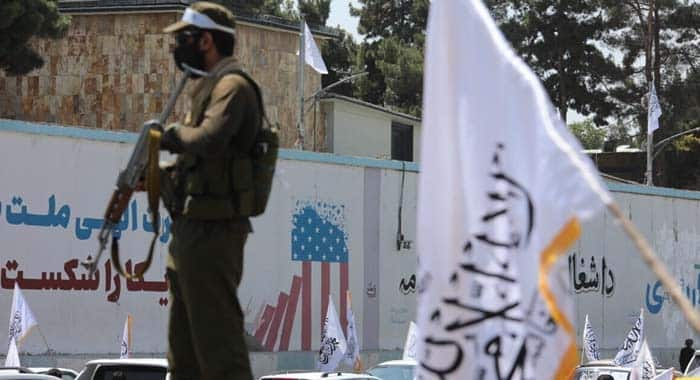A coalition of 107 international organizations, including Human Rights Watch, has urged the United Nations Human Rights Council (UNHRC) to establish an independent investigative mechanism into Afghanistan, accusing the Taliban of gross human rights abuses, gender persecution, and crimes against humanity.
In a joint letter released on Wednesday, the rights groups condemned the Taliban’s “systematic repression” particularly targeting women and girls as one of the gravest ongoing crises of international concern. Human Rights Watch described the Taliban’s campaign as gender persecution amounting to crimes against humanity, while UN experts have gone further, calling it “gender apartheid.”
“The Taliban’s systematic repression is entering its fifth year, and the world has yet to take the meaningful steps needed to hold them accountable,” the groups warned. “The UN must act where it has long failed.”
The letter called for the creation of a UN-backed investigative mechanism, similar to those established for Syria and Myanmar, to document atrocities, preserve evidence, identify perpetrators, and prepare case files for future prosecutions before national or international courts.
While the UN currently maintains a special rapporteur for Afghanistan, rights advocates stressed that monitoring alone is not enough. They argued that the Taliban’s unchecked brutality including public floggings, arbitrary detentions, reprisals against critics, and systematic exclusion of women from public life demands a strong accountability process.
Rights defenders have long cautioned that the international community’s failure to act has emboldened the Taliban. Earlier this year, the UN’s independent expert on Afghanistan warned that global silence and inaction had given the group free rein to tighten its repressive grip.
Despite objections from some member states over cost and scope, the letter dismissed such concerns as “excuses for inaction.” It noted that support for the initiative is rapidly growing: in March, a cross-regional bloc of countries endorsed the proposal, and earlier this month, 24 UN human rights experts backed the demand for an investigative mechanism.
The European Union, which serves as the “penholder” on Afghanistan at the Human Rights Council, was urged to immediately table a resolution to establish the body. “By putting forward this resolution, the EU has a chance to demonstrate principled leadership and advance the prospect of justice for decades of egregious crimes in Afghanistan,” the statement read. “It should not squander this opportunity.”
Analysts say the demand reflects rising frustration that the Taliban, despite committing widespread abuses since their return to power in 2021, continue to operate with impunity. Women and girls remain banned from education and most forms of employment, while dissenters face brutal crackdowns and ethnic minorities endure targeted persecution.
Rights organizations argue that without international accountability, the Taliban will only deepen their authoritarian grip, driving Afghanistan further into isolation and despair.





